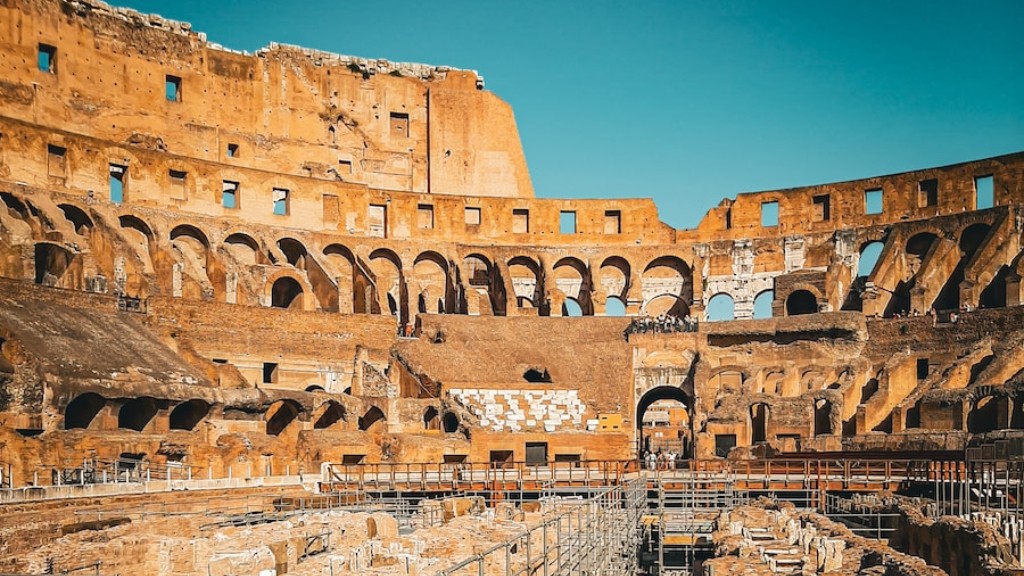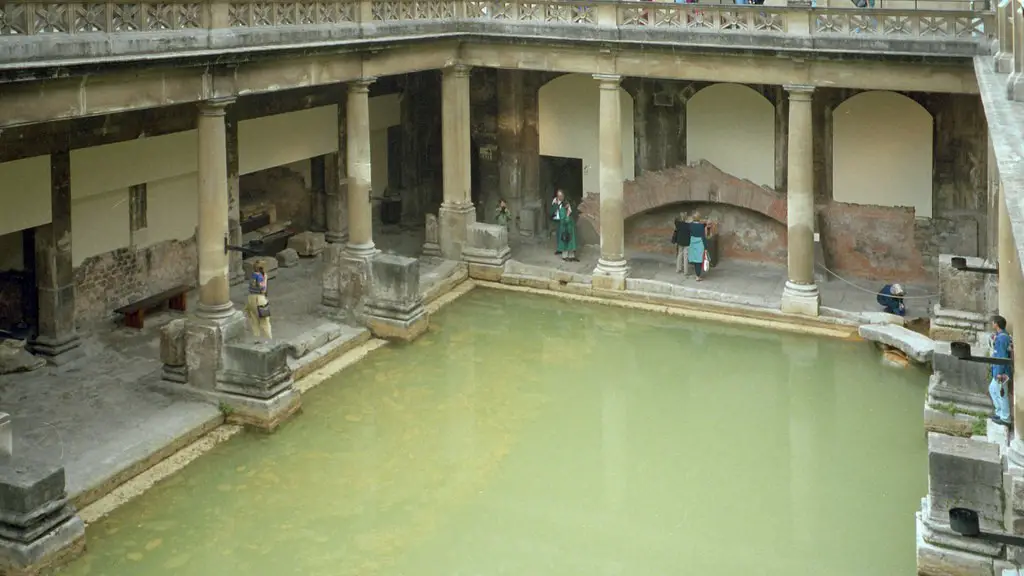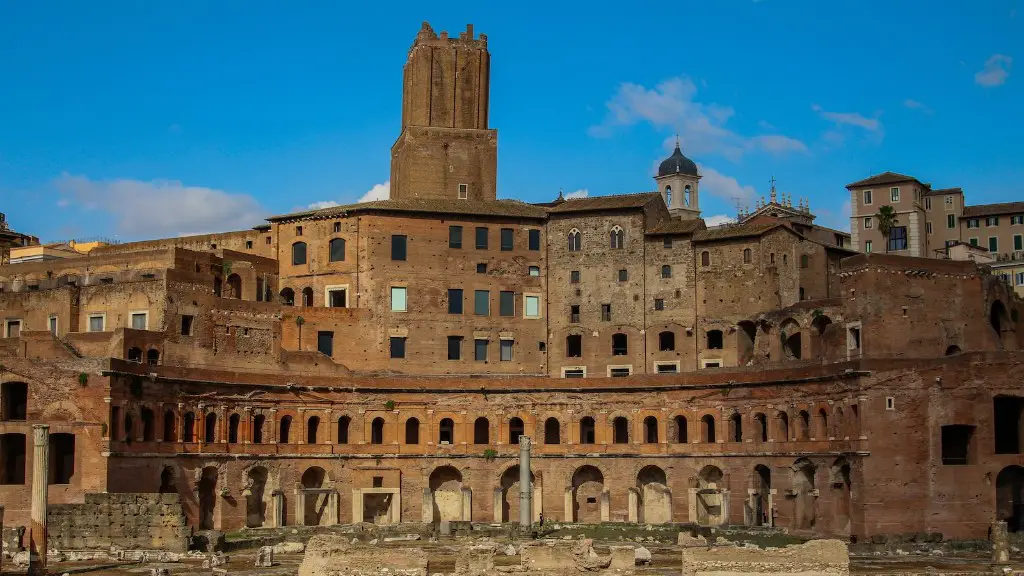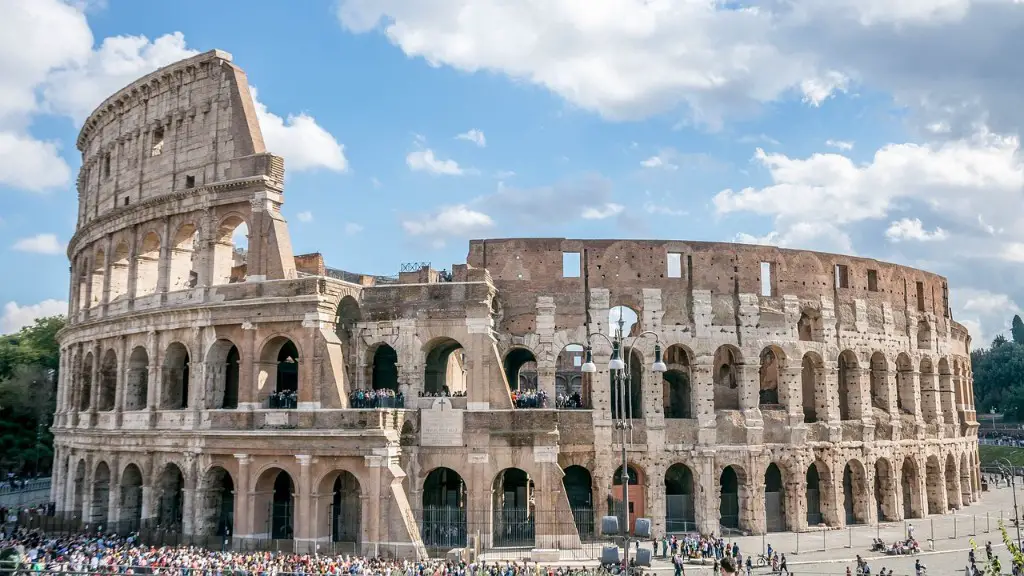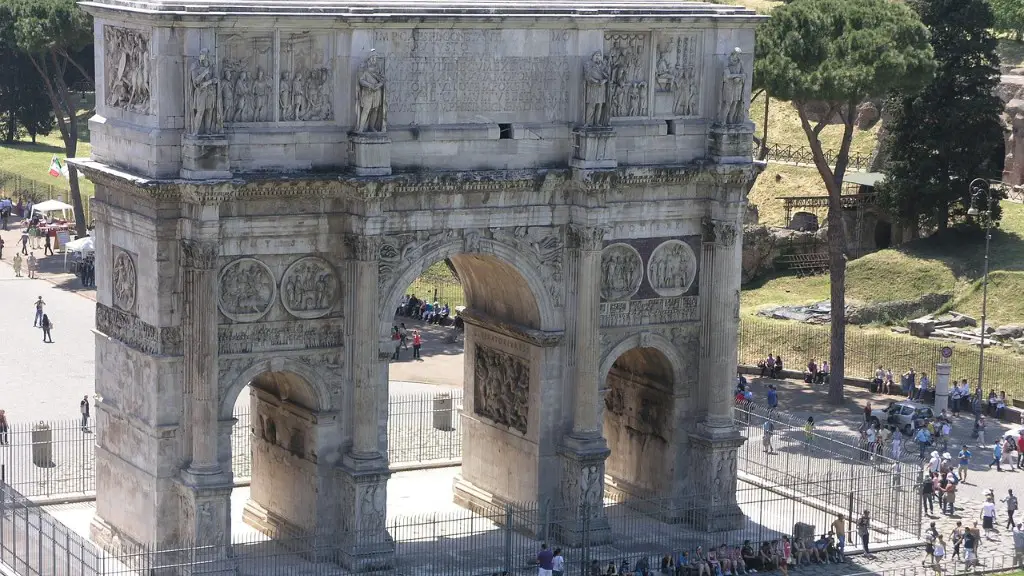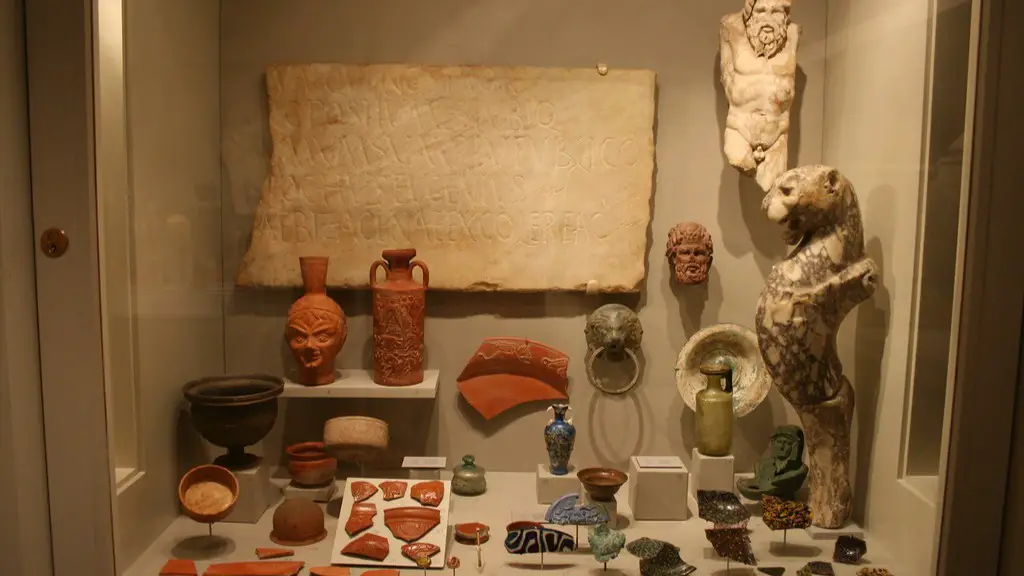The ancient Romans believed in and worshiped a large pantheon of gods and goddesses. The most important and well-known among these were the Olympian gods, a group of 12 deities who ruled over different areas of human life. In addition to the Olympians, there were thousands of other minor gods and goddesses that were worshiped.
No, the ancient Romans did not worship millions of gods. Instead, they believed in a pantheon of 12 major gods and goddesses, as well as numerous lesser deities.
How many gods did the ancient Romans worship?
The Deii Consentes were the most important group of deities in the Roman pantheon. They were the twelve gods and goddesses who represented the various aspects of Roman life. Each god or goddess had their own area of expertise, and they were often called upon to help with specific tasks or problems. For example, Jupiter was the god of the sky and weather, while Juno was the goddess of marriage and childbirth. Neptune was the god of the sea, and Minerva was the goddess of wisdom and war. Mars was the god of agriculture and hunting, while Venus was the goddess of love and beauty. Apollo was the god of music and poetry, and Diana was the goddess of the hunt. Vulcan was the god of fire and metalworking, and Vesta was the goddess of the hearth and home. Mercury was the god of commerce and communication, and Ceres was the goddess of agriculture and fertility.
The Roman Empire was a primarily polytheistic civilization, which meant that people recognized and worshiped multiple gods and goddesses. Despite the presence of monotheistic religions within the empire, such as Judaism and early Christianity, Romans honored multiple deities. The most prominent deity was Jupiter, who was associated with the sky and thunder. Other popular deities included Minerva, who was the goddess of wisdom, and Venus, the goddess of love.
Why did the Romans pray to so many gods
Early Roman religion was polytheistic, in that they worshipped many gods. They also worshipped spirits. As different cultures settled in what would later become Italy, each brought their own gods and forms of worship. This made the religion of ancient Rome polytheistic.
Roman religion was based on the belief that the gods were interested in the affairs of humans and that they could be appeased or angered by human actions. The goal of Roman religion was to maintain a good relationship with the gods in order to ensure the continued prosperity of the Roman state. To this end, Roman religion involved the cult worship of the gods, in which people offered prayers and sacrifices to the gods in order to gain their favor.
The gods were thought to be interested in all aspects of human life, and so there were gods for everything from agriculture to war. Each god had their own area of expertise, and people would consult with the god that was most relevant to their needs. For example, if a farmer was having trouble with their crops, they might consult with the god Ceres, who was the goddess of agriculture.
The gods were also thought to be capable of intervening in human affairs, and so people would offer sacrifices to them in order to request their help. For example, if someone was sick, they might offer a sacrifice to the god Apollo, who was the god of healing.
Roman religion was not based on a set of beliefs about right and wrong. Instead, the goal was to maintain the correct relationship with the gods,
When did the Romans stop believing in their gods?
In 312 AD, the Roman emperor Constantine became a convert to Christianity, which ended the persecution of Christians who refused to honor the traditional gods with sacrifices and rituals.
Jupiter was the chief god of the Roman pantheon. His name is thought to be derived from the Proto-Indo-European root *dyeu- “to shine,” making him the god of the sky. He was also known as the god of thunder and lightning, as well as of law and order. As the patron deity of ancient Rome, he was seen as the protector of the state and its laws.
Did the Greeks worship more than one god?
The ancient Greeks worshipped many gods, each with a distinct personality and domain. Greek myths explained the origins of the gods and their individual relations with mankind. The most important gods were the Olympians, who resided on Mount Olympus. Other notable gods included Hades, who ruled the underworld, and Poseidon, god of the sea.
Christians believe in one God who exists in three persons – the Father, the Son, and the Holy Spirit. This one God created the heavens and the earth. Christians are monotheistic, meaning they believe there is only one God.
Did the Romans think the planets were gods
Interestingly, it were the Greeks who first gave names of the Greek gods to planets, but when the Romans studied Greek astronomy, they gave the planets their own gods’ names: Mercurius (for Hermes), Venus (Aphrodite), Mars (Ares), Iuppiter (Zeus) and Saturnus (Cronus).
The Roman gods were a pantheon of 12 major gods and goddesses, who ruled over different aspects of Roman life. Each god or goddess had their own distinct personality and powers. The most important god was Jupiter, the ruler of the gods and the sky. Other gods included Juno, the goddess of marriage and childbirth; Mars, the god of war; Mercury, the god of commerce; Neptune, the god of the sea; Venus, the goddess of love and beauty; Apollo, the god of the sun; Diana, the goddess of the hunt; Minerva, the goddess of wisdom; Ceres, the goddess of agriculture; Vulcan, the god of fire; and Vesta, the goddess of the hearth.
Did the Romans copy Greek mythology?
Roman mythology is heavily influenced by Greek mythology. This is evident in the early history of Rome, as well as during the Hellenistic period when Greek culture was highly influential. Roman authors often imitate Greek literary models, which has led to the two cultures being intertwined.
The Romans believed that their household gods, or lares, protected their homes and families. They worshipped these gods every day at home, and the head of the household led family prayers around the shrine, which contained statues of the lares.
When did the Romans start Worshipping gods
The gods of the Roman pantheon began taking on the forms known today during the dynasty of the Etruscan kings in the 6th century BC. The Etruscans had a profound influence on Roman religion and culture, and their beliefs and practices were adopted by the Romans. The most important gods in the Roman pantheon are Jupiter, Juno, and Minerva, who represent the classical triad of father, mother, and child.Other important gods include Mercury, Venus, Mars, and Neptune.
The Romans believed that sacrificing animals to the gods would please them and make them happy. They would offer up bulls, sheep and pigs as sacrifices in temples. They thought that the blood from these sacrifices was the best way to communicate with the gods.
What religion were the Romans during Jesus time?
In ancient Rome, the official religion was the worship of a large group of Greco-Roman gods. A Roman priest was responsible for the proper ritual worship of the gods. The Roman pantheon included gods such as Jupiter, Juno, Minerva, and Mars. Worship of the gods was an important part of Roman life. The gods were thought to be interested in the affairs of humans and could influence the outcome of events. Roman religion was based on the belief that the gods would help those who honored them.
Rome had the most problems with monotheistic religions, such as Judaism and Christianity, because these religions only believed in one god. This meant that they prohibited worshiping other gods, which was a big problem for Rome.
Final Words
No, the ancient Romans did not worship millions of gods.
The ancient Romans did indeed worship millions of gods. This was a large part of their culture and beliefs. It is unknown exactly how many gods they worshipped, but it is estimated to be in the thousands. This was a significant part of their lives and played a large role in their society.
